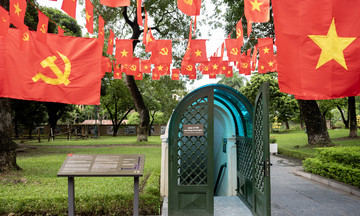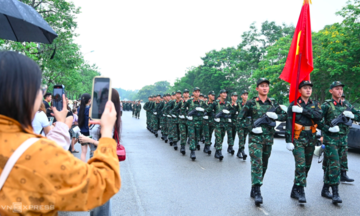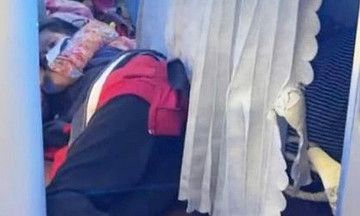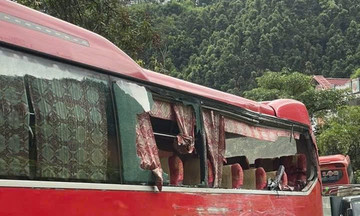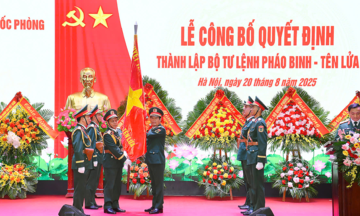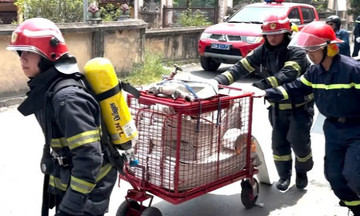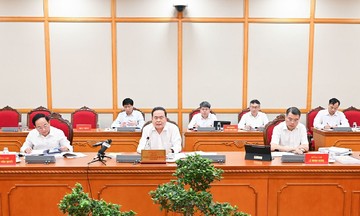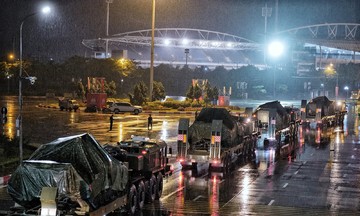Following Directive 20, issued on 12/7, concerning urgent tasks to prevent and address environmental pollution, Prime Minister Pham Minh Chinh has instructed Hanoi to implement solutions for individuals and organizations to transition their vehicles. The goal is to eliminate fossil fuel-powered motorcycles and scooters within Ring Road 1 by 1/7/2026.
From 1/1/2028, private cars using fossil fuels will also be restricted within Ring Roads 1 and 2, in addition to the ban on motorcycles and scooters. By 2030, this restriction will apply to all personal fossil fuel vehicles within Ring Road 3.
The city has been tasked with developing and publishing a Low Emission Zone (LEZ) plan by Quarter III/2025. By 2030, Hanoi needs to develop a comprehensive multi-modal public transport network, covering main routes and connecting densely populated areas and major hubs. The plan calls for expanding the network of charging stations and services for clean energy vehicles, as well as electric bus fleets and trams.
In addition, the city will introduce policies to support businesses that manufacture and assemble clean vehicles. Fees for registration, license plates, and parking for gasoline and diesel vehicles in the city center will increase. From Quarter IV/2025, Hanoi will also pilot a ban on single-use plastics in restaurants, hotels, and eateries within Ring Road 1.
In 12/2024, the city's People's Council approved a resolution to implement the LEZ, effective from 1/1/2025. During the 2025-2030 period, Hanoi will pilot the LEZ in Hoan Kiem and Ba Dinh districts and encourage its expansion to other areas. After 2031, implementation of the low emission zone will be mandatory in high-risk areas.
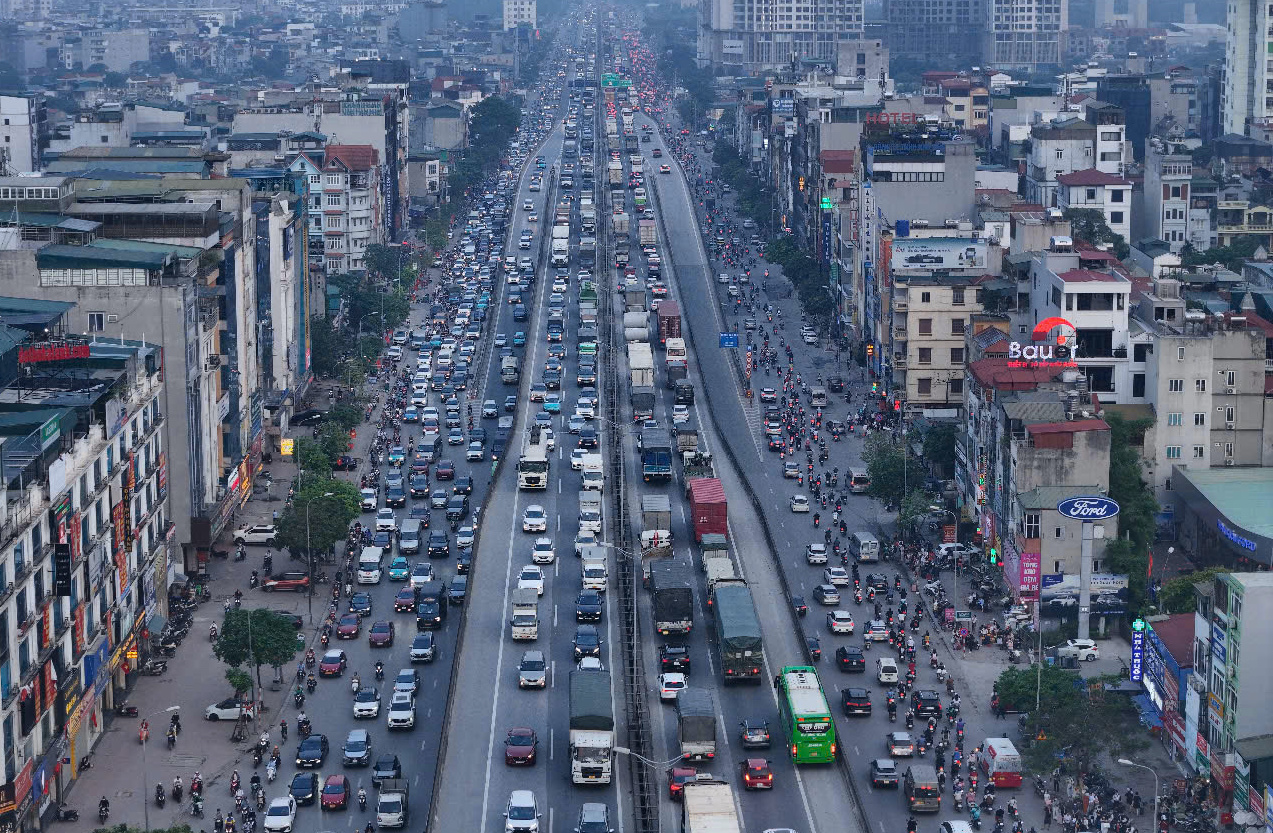 |
Traffic congestion in Hanoi, 4/2025. Photo: Pham Chieu |
Traffic congestion in Hanoi, 4/2025. Photo: Pham Chieu
Tightening pollution control and taking strict action against persistent violations.
The Prime Minister's directive aims to bring about fundamental changes in environmental protection, especially in major cities, industrial zones, craft villages, and river basins. The government leader demanded an end to persistent pollution issues that have not been definitively addressed, while emphasizing the responsibility of leaders in localities and relevant agencies.
The Ministry of Public Security has been assigned to investigate and strictly handle organizations and individuals violating environmental laws. This includes expanding investigations into acts of negligence, corruption, waste, negativity, and abuse of power by relevant agencies, organizations, and individuals. Acts of opposition that complicate security and order will also be investigated.
Ministries, sectors, and localities have been asked to proactively propose amendments, supplements, or new legal documents, mechanisms, and breakthrough policies to remove institutional bottlenecks. The goal is to effectively address urgent environmental problems, especially pollution in urban areas, craft villages, river basins, and irrigation systems.
Agencies are tasked with amending and supplementing the Government's Decree on administrative sanctions for environmental violations. Proposed changes include increasing fines, expanding the authority to impose sanctions, and implementing remedial measures for positions appropriate to the three-level government model. Granting the People's Police the authority to sanction all administrative violations related to the environment is also under consideration. Additional measures for handling and enforcing sanction decisions, such as temporarily suspending electricity and water supplies and lowering credit ratings for facilities causing serious and prolonged pollution that affects public health and social order and safety, will be added. These revisions must be completed in 2025.
Completing the national environmental monitoring and data system.
One of the key tasks assigned by the Prime Minister is to quickly complete the automatic and continuous environmental monitoring system in industrial zones, production clusters, and residential areas with large emission sources. All monitoring data must be connected to local authorities and integrated into the National Environmental Database, eventually synchronizing with the National Data Center. The list of facilities required to install, those that have installed, and those that have not yet installed monitoring equipment will be made public.
The Ministry of Finance has been assigned to add regulations on environmental protection fees for vehicle emissions. They will also review and propose preferential policies for businesses and individuals investing in waste treatment technologies, green transportation development, and the use of clean energy.
Ministries, sectors, and localities have been requested to promote the application of high technology, digital transformation, and artificial intelligence in environmental monitoring, warning, and violation handling. Public-private partnership (PPP) models should be expanded to invest in technical infrastructure for wastewater and waste treatment and the development of zero-emission public transport.
Vu Tuan



